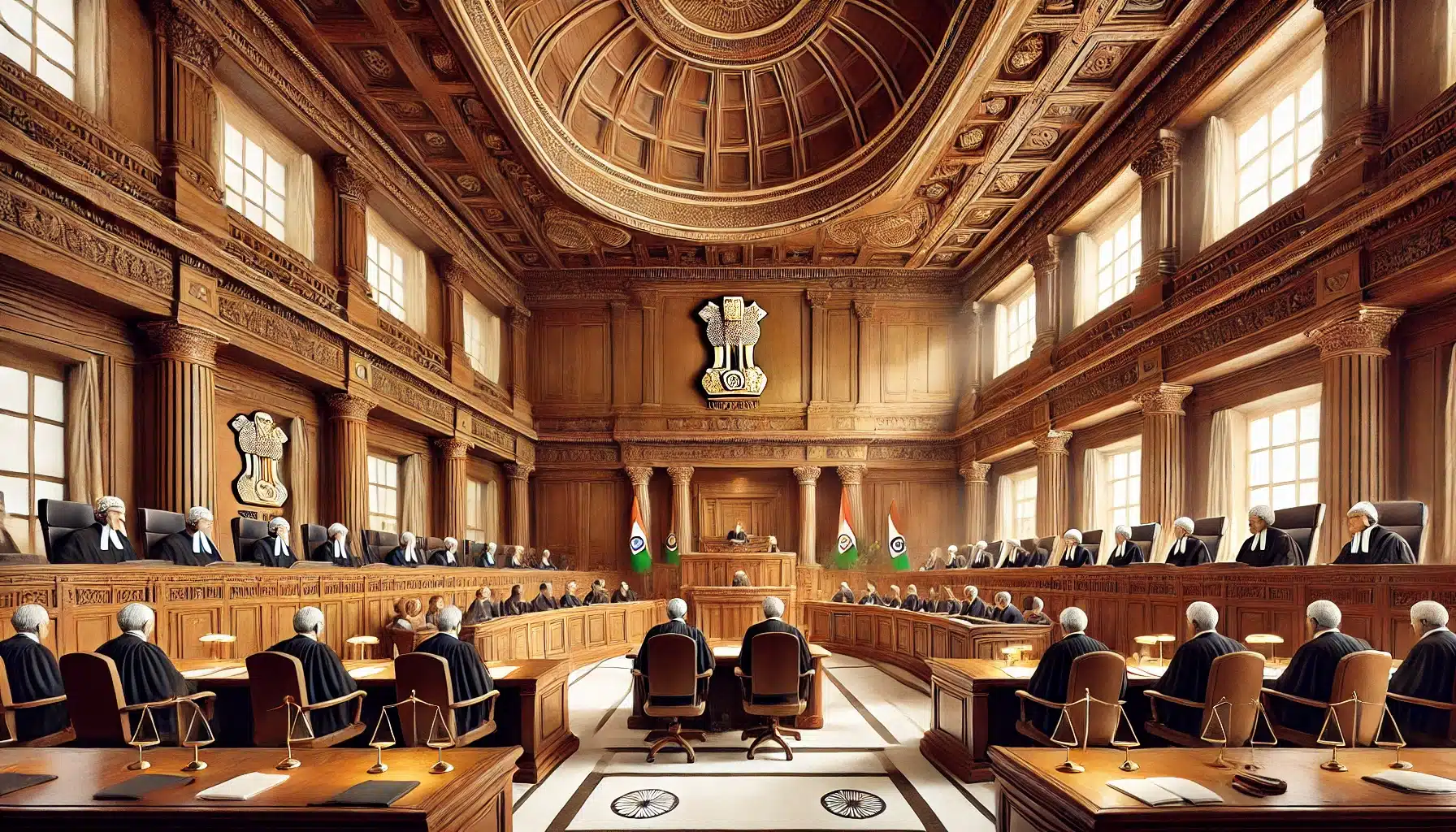A three-judge bench of the Supreme Court has agreed, by a 2:1 majority, to hold an open court hearing for a review petition challenging a 2022 judgment on the 2018 amendment to the Specific Relief Act, 1963. The original judgment held that the 2018 amendment applies only prospectively, affecting tra

In a landmark move, the Supreme Court of India has agreed to hear a review petition in open court that challenges the 2022 judgment related to the 2018 amendment of the Specific Relief Act, 1963. This decision holds significant importance in Indian contract law, as it revisits a crucial aspect of the interpretation and application of the amendment. The 2018 amendment introduced a shift in legal remedies by making specific performance of contracts mandatory, removing the discretionary nature of this remedy unless the case falls under certain exceptions. This marked a transformative change in how contract disputes are handled in Indian courts, directly impacting parties seeking to enforce contracts.
The original judgment in Katta Sujatha Reddy vs Siddamsetty Infra Projects Pvt. Ltd., delivered by a three-judge bench in 2022, held that the 2018 amendment would apply only prospectively, meaning that it would only affect transactions and contracts entered into after the amendment came into force on October 1, 2018. This ruling led to various legal challenges, as stakeholders argued that the amendment should apply retroactively to contracts formed before 2018.
The review petition seeking to contest this judgment was filed by M/s Siddamsetty Infra Projects Pvt Ltd, asserting that the 2022 ruling had broader implications and that the court needed to reconsider the application of the 2018 amendment to ensure justice for contracts pre-dating the amendment. Given the substantive nature of the amendment, the question of whether it should apply retrospectively or prospectively has become a point of legal debate. The Supreme Court’s decision to grant an oral hearing for the review petition underlines the complexity of the issue and its wide-reaching impact on the legal landscape of contract enforcement in India.
Key Judicial Developments
- The original 2022 judgment was delivered by a three-judge bench comprising Chief Justice NV Ramana, Justice Krishna Murari, and Justice Hima Kohli, in the case Katta Sujatha Reddy vs Siddamsetty Infra Projects Pvt. Ltd. The Court held that the 2018 amendment to the Specific Relief Act should not have a retrospective effect, as it created substantive rights.
- A review petition challenging this judgment was listed before a bench of CJI DY Chandrachud, Justice PS Narasimha, and Justice Hima Kohli on August 31, 2023. However, the bench was divided on whether the matter should proceed to an open court hearing.
Split Decision on the Review Petition
- Chief Justice DY Chandrachud allowed the petition to be heard in open court, but Justice Hima Kohli disagreed, holding that there was no ground for review. Justice Kohli, who was part of the original 2022 bench, stated: “With respectful regards, I regret my inability to concur with the order passed by the Hon. Chief Justice of India for listing the Review Petitions for open court hearing and notice returnable.”
- Justice PS Narasimha recused himself from the matter due to personal reasons, resulting in the case being referred to Justice Manoj Misra for further consideration.
Decision to Hear the Petition in Open Court
- On September 26, 2023, Justice Manoj Misra concurred with CJI Chandrachud and held that the review petition merited an open hearing. Justice Misra ruled: “Upon consideration of the materials on record, I am also of the view that delay in filing the review petition be condoned and the oral hearing of the review petition be allowed. Therefore, the delay in filing the review petition is condoned. Prayer for oral hearing of the review petition in open Court is allowed.“
- As a result, the Supreme Court issued a notice to hear the matter in open court on October 14, 2023.
Background on the 2018 Amendment to the Specific Relief Act
- The 2018 amendment to the Specific Relief Act, 1963 significantly altered the legal framework by making the grant of specific performance of contracts mandatory, except in cases where the contract falls under specified exceptions. Previously, specific performance was a discretionary remedy that courts could grant depending on the facts of the case.
- In the 2022 judgment, the Supreme Court held that the 2018 amendment created substantive rights and therefore could not be applied retrospectively to contracts made before the amendment took effect on October 1, 2018.
Legal and Practical Implications
- This review petition could have a significant impact on how the 2018 amendment is interpreted and applied in ongoing and future cases, particularly those involving contracts signed before October 1, 2018.
- The decision to allow an oral hearing of the petition in open court underscores the importance of the issue, as it raises questions about whether the amendment should affect earlier transactions.
Click to Read: M/s Siddamsetty Infra Projects Pvt Ltd v. Katta Sujatha Reddy and Others | Review Petition (Civil) No 1565 of 2022





